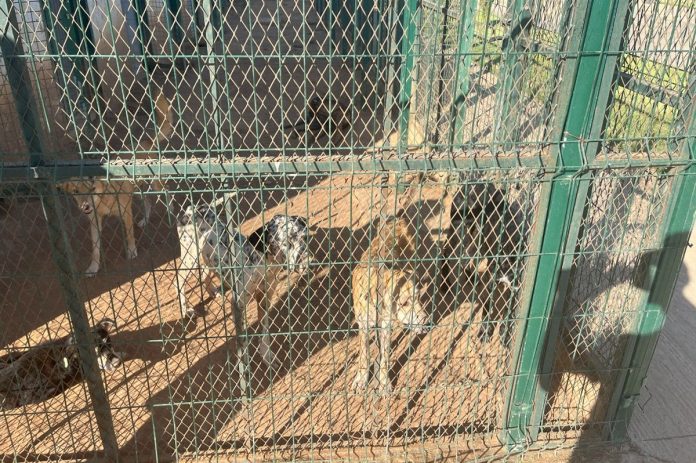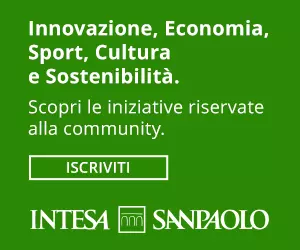RABAT (ITALPRESS) – Morocco is taking a strategic approach to its stray dog population, rejecting claims of mass culls and instead investing in a programme guided by World Health Organization recommendations. In recent months, animal rights groups have raised concerns over reports that the country plans to eliminate as many as three million dogs ahead of the 2030 World Cup, which Morocco will co-host with Spain and Portugal.
But local animal welfare advocates dismiss the figure as baseless. Since 2019, long before the World Cup was awarded, the Moroccan Association for the Protection of Animals and Nature (Ampana) has been running a TNVR program—trap, neuter, vaccinate, and return. Stray dogs are captured, sterilized, vaccinated, and then released back to their original locations.
“The WHO considers this the most effective way to protect public safety while ensuring animal welfare,” said Youssef Lhor, president of Ampana. The initiative is growing rapidly. Seven veterinary clinics have already been set up, with plans to expand to 30 by 2026. Parliament has also approved legislation to support adoptions of TNVR-treated dogs, establish clear adoption criteria, and impose criminal and financial penalties for animal abuse. Each treated dog is tagged for identification and monitoring.
Public involvement is central to the plan: a multilingual mobile app allows citizens to report strays by uploading photos, track the medical history of treated animals, and even apply for adoption. Tourists can also use the app. According to official data, more than 1,200 dogs were captured in 2025, with over 500 sterilized and around 350 released back into their communities. Funding has so far totaled about €60 million, split evenly between the national government and local authorities, with private sector contributions expected in the future. Innovation is also being tested. A veterinary clinic near Rabat has introduced QR-coded tags in three colors—red for Salé, blue for Rabat, and green for Temara—making it easier to trace where each animal was found. The system is expected to roll out nationwide in the coming months.
– photo glb/Italpress –
(ITALPRESS).















